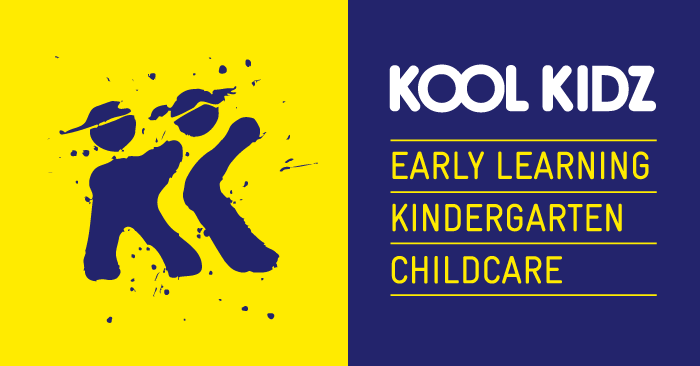Why Is Creativity Important In Early Education?
Research suggests creativity is as important in early education as literacy and numeracy – so why are we not treating it with the same status?
In an era of rapid global change, preparing children for the future has become more critical than ever. According to statistics, 85% of the jobs that will exist by 2030 haven’t even been imagined yet. In this landscape of uncertainty, knowledge and skill are not enough for how we can teach knowledge of, or skills for something we have no comprehension of.
Early childhood education and the Early Years Learning Framework (EYLF) emphasise the development of positive dispositions as well as knowledge and skill. Dispositions that equip children with the adaptable and innovative attitudes they need to not only approach with confidence and participate but thrive in the evolving future of tomorrow.
One of the most important dispositions highlighted in the EYLF is that of creativity, through both creative expression and creative thinking.
By focusing on creative thinking and expression during their development, children gain increasing capacity to navigate uncharted trajectories and transfer knowledge and skills from one context to another, enabling them to embrace change as well as new opportunities and contribute meaningfully to the dynamic and unknown futures that may lie ahead.
How can arts and crafts be considered as valuable as literacy?
People often think of creative expression as limited to producing artwork, but that’s just a small part of a much bigger picture. In the context of early childhood education, creative expression involves children using different artistic, imaginative and innovative methods to explore their thoughts, feelings and ideas.
While there’s a strong connection between the arts and creativity, it’s a mistake to confine creativity only to art, as it also plays a significant role in other learning areas such as science, technology, literacy, and mathematics.
Creativity also supports:
- the development of positive self-identity, well-being, and emotional regulation – through the emphasis on self-expression
- understanding cultural ways of being, doing, and knowing
- adopting new perspectives
- communicating experiences, ideas, and thinking
- working both independently and collaboratively
When it comes to young children, it’s best to have a wide-ranging and inclusive idea of what creativity is. This approach ensures we see every child as having creative potential and the ability to express themselves creatively. To make this happen, we need to focus more on the creative process itself rather than just the end results (product).
How does Kool Kidz encourage children’s creative development?
Kool Kidz is committed to fostering each child’s creative potential. Our purpose-built childcare centres are vibrant havens where imagination takes flight and artistic expression finds its voice. Through carefully curated activities and guided experiences, we inspire children to explore a rich tapestry of creative mediums, from captivating visual arts to spirited musical endeavours.
Our dedicated educators provide a supportive environment that encourages experimentation, curiosity, and the unfurling of unique talents. Our Art Expression Program provides children with materials and free time to explore with them, encouraging the development of their ability to express themselves creatively.
As we champion creativity, we also lay the foundation for problem-solving skills, critical thinking, and a lifelong zest for learning. In our Kidz Lab, children are safely guided through experimentation and interesting learning, promoting development of and interest in scientific skills.
Creative Childcare
By providing children with the tools to think imaginatively, solve problems inventively, and embrace change with confidence, we equip them to navigate an ever-evolving world.
As educators, parents, and guardians, we share the privilege of guiding these blossoming sparks of imagination, fueling the fires of curiosity that will burn brightly throughout their lives. Contact us or visit one of our locations to find out more.
